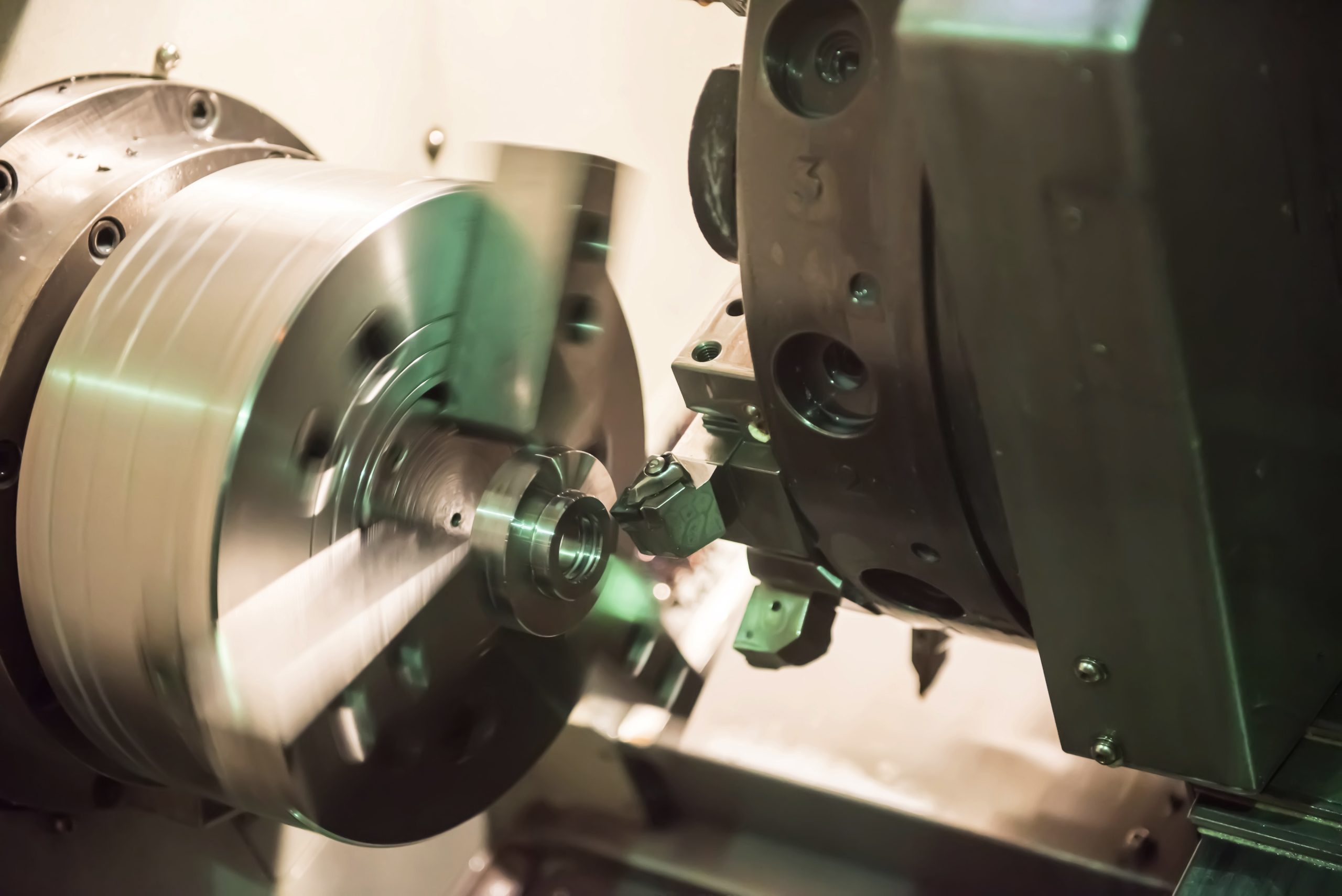Line boring is an essential process for repairing worn-out bores in heavy machinery components like excavator arms, loader buckets, or ship engines. The choice between portable line boring machines and stationary line boring machines can greatly affect repair time, cost, and overall efficiency. In this article, we’ll compare the two options so you can make the best decision for your project or business.
What Is a Portable Line Boring Machine?
A portable line boring machine is designed to be taken directly to the job site. Instead of removing large and heavy equipment for workshop machining, the machine is mounted on the worn bore itself. These machines are lightweight, compact, and built to operate in challenging environments such as construction sites, mining locations, or shipyards.
They save significant downtime because you don’t need to dismantle and transport the component. Portable models are often used by field service companies that specialize in on-site equipment repair.
What Is a Stationary Line Boring Machine?
Stationary line boring machines, also known as workshop line borers, are fixed, heavy-duty machines installed in a machine shop. They are larger, more rigid, and capable of handling high-precision machining on a wide range of parts.
However, using them usually requires removing the part from the equipment and transporting it to the workshop. This can cause downtime, but it also provides a controlled environment for more complex machining jobs.
Key Differences Between Portable and Stationary Line Boring Machines
| Feature | Portable | Stationary |
|---|---|---|
| Mobility | High – can be used on-site, anywhere | Low – requires parts to be transported |
| Setup Time | Quick setup on the equipment | Requires disassembly and workshop setup |
| Precision | Good for most field repairs | Superior precision in controlled environment |
| Cost Efficiency | Saves transport and downtime costs | Better for large-volume or complex repairs |
| Best For | Construction, mining, agriculture, on-site repair services | Workshops, high-precision, large-scale machining |
Which One Should You Choose?
If your business involves frequent field repairs, investing in a portable line boring machine is the smarter choice. It reduces downtime, increases service capability, and saves costs in the long run.
On the other hand, if you run a machine shop that handles large, high-precision projects, a stationary line boring machine offers superior accuracy and efficiency in bulk operations.
Some companies even combine both – using portable machines for emergency on-site jobs and stationary ones for detailed workshop machining. The decision depends on your workflow, budget, and the type of equipment you repair most often.
Final Thoughts
Both portable and stationary line boring machines have their strengths. By understanding the key differences and your operational needs, you can choose the machine that maximizes efficiency and profitability. If mobility and flexibility are your priorities, go portable. If precision and capacity matter most, go stationary.


Leave a Reply